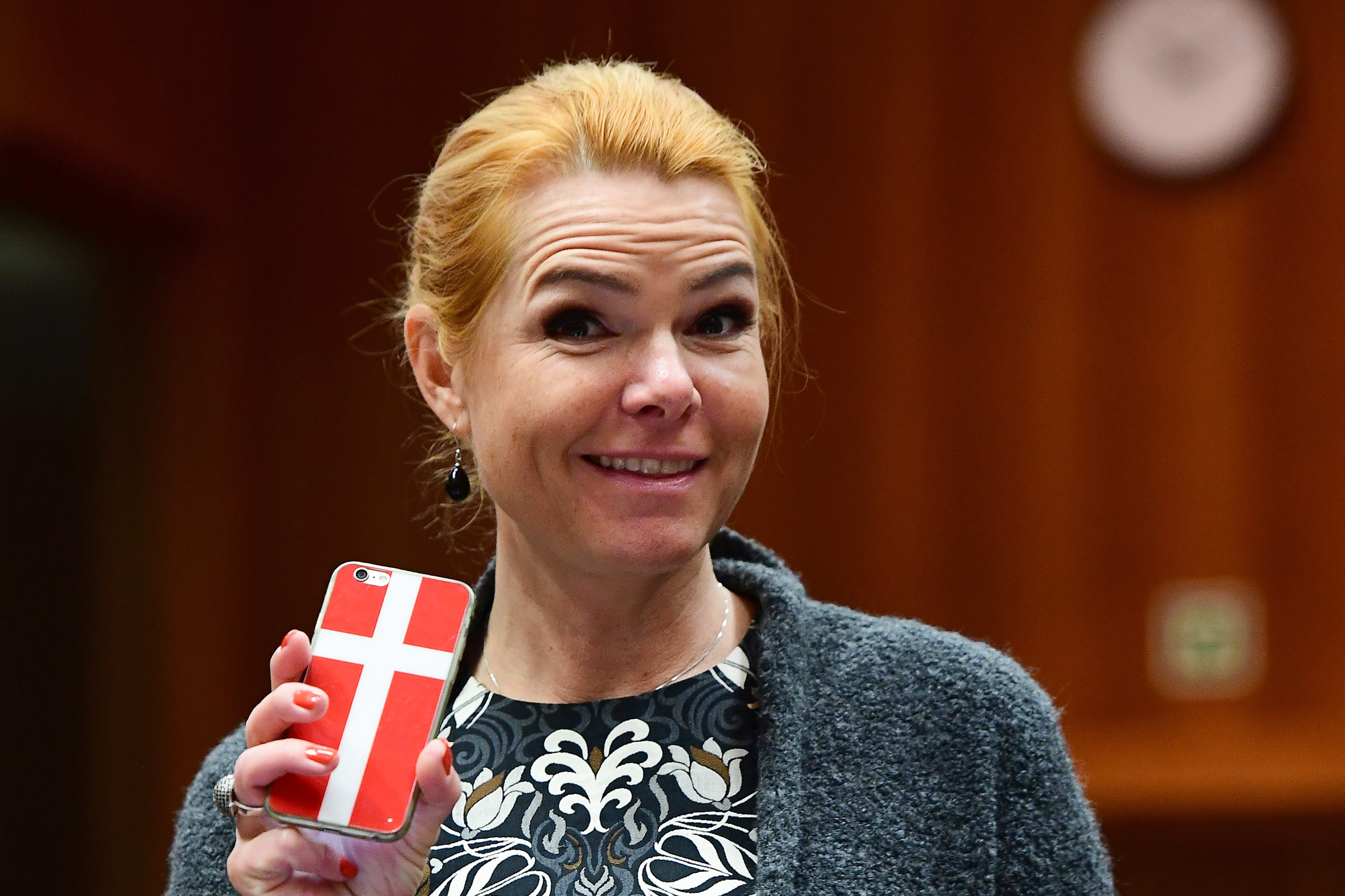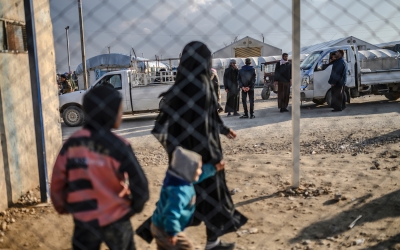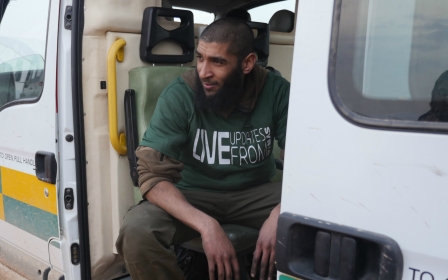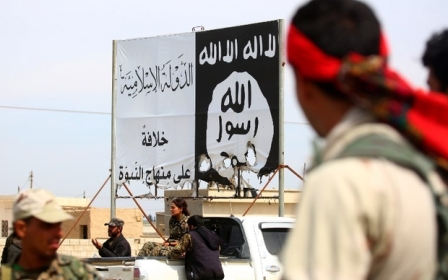Denmark plans to deny citizenship to children of IS fighters

The Danish government plans to change the country’s nationality laws so that the children of Danish citizens who travelled to Syria to fight for the Islamic State (IS) group will not automatically receive Danish citizenship, the country’s immigration minister said on Thursday.
In a statement, Inger Stojberg said there was “no reason” for children whose parents had “turned their backs on Denmark” to become Danish citizens.
Current Danish law makes it a criminal offence to travel to designated conflict zones to fight for militant groups considered by Denmark to be terrorist organisations.
Under proposed changes to the law, Stojberg said that the children of Danish nationals born in banned areas would not be entitled to citizenship.
“Contrary to current rules, children who will be born in regions prohibited to Danes... will not automatically receive Danish nationality," said Stojberg.
New MEE newsletter: Jerusalem Dispatch
Sign up to get the latest insights and analysis on Israel-Palestine, alongside Turkey Unpacked and other MEE newsletters
“These people have gone to fight against democracy, freedom and everything Denmark stands for, and they do not belong in Denmark.”
The announcement follows a deal between Stojberg’s ruling Venstre party and the far-right Danish People’s Party, which Venstre depends on for parliamentary support.
Stojberg said she expected the change of law to gain parliamentary support, although Denmark is scheduled to hold parliamentary elections no later than June.
Denmark’s move comes with debates ongoing in many western countries about whether nationals who fought with the Islamic State group or lived in territory under its control, many of whom are now in detention in camps in Kurdish-controlled areas of Syria, should be repatriated.
UNICEF, the United Nations children's agency, has estimated that about 3,000 children are among those living in "extremely dire conditions".
"These are children, not terrorists. These are children entitled to a childhood, deserving a fair chance in life," said Geert Cappelaer, Unicef’s regional director for the Middle East, earlier this month.
Minister: Fighters should have 'died in battle'
Stojberg’s comments come after her cabinet colleague, Justice Minister Soeren Pape Poulsen, said on Wednesday that it would have been preferable for captured Danish IS fighters to have “died in battle”.
About 150 Danish nationals are estimated to have travelled to Syria in the early years of the country’s civil war, with many subsequently joining IS and other militant groups, according to the Danish intelligence agency PET.
About a third of those are estimated to have returned, with at least nine of those having their citizenship revoked and subsequently being expelled.
Under international law, Denmark cannot take away an individual’s citizenship if it would leave them stateless.
Poulsen also said on Wednesday that about 10 Danish nationals are currently being held in camps in Syria.
'Soft-hands' approach
Denmark made headlines in 2014 when authorities in Aarhus, the country’s second city, launched what was widely described as a “deradicalisation” scheme for Danish nationals who had travelled to Syria.
The scheme was launched after about 30 people from the Jutland city travelled to Syria, and a local teenager was reported to have died fighting with IS.
Described as a “soft-hands approach”, it offered returnees treatment for shrapnel and gunshot wounds and psychological trauma to returning fighters and humanitarian volunteers as well as assisting them with finding work or resuming their education.
But staff working on the scheme admitted at the time that they were coming under political pressure to adopt a tougher approach more akin to the UK, which is considered to be an international leader in the use of citizenship-stripping powers.
“We are experiencing more political pressure to do something more like the British stuff,” one practioner told Al Jazeera at the time. “The entire political debate is rife with simplifications.”
Middle East Eye delivers independent and unrivalled coverage and analysis of the Middle East, North Africa and beyond. To learn more about republishing this content and the associated fees, please fill out this form. More about MEE can be found here.





